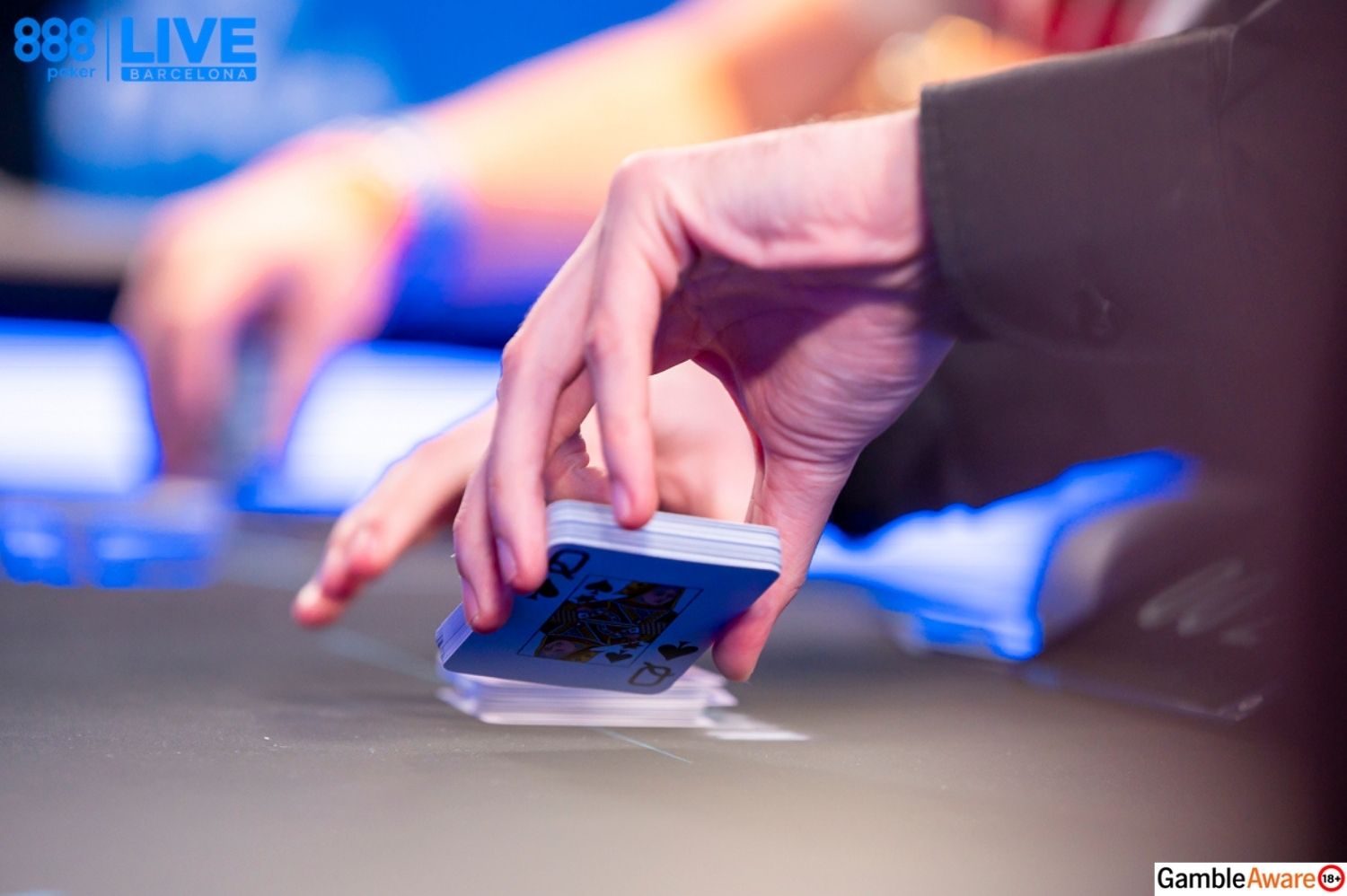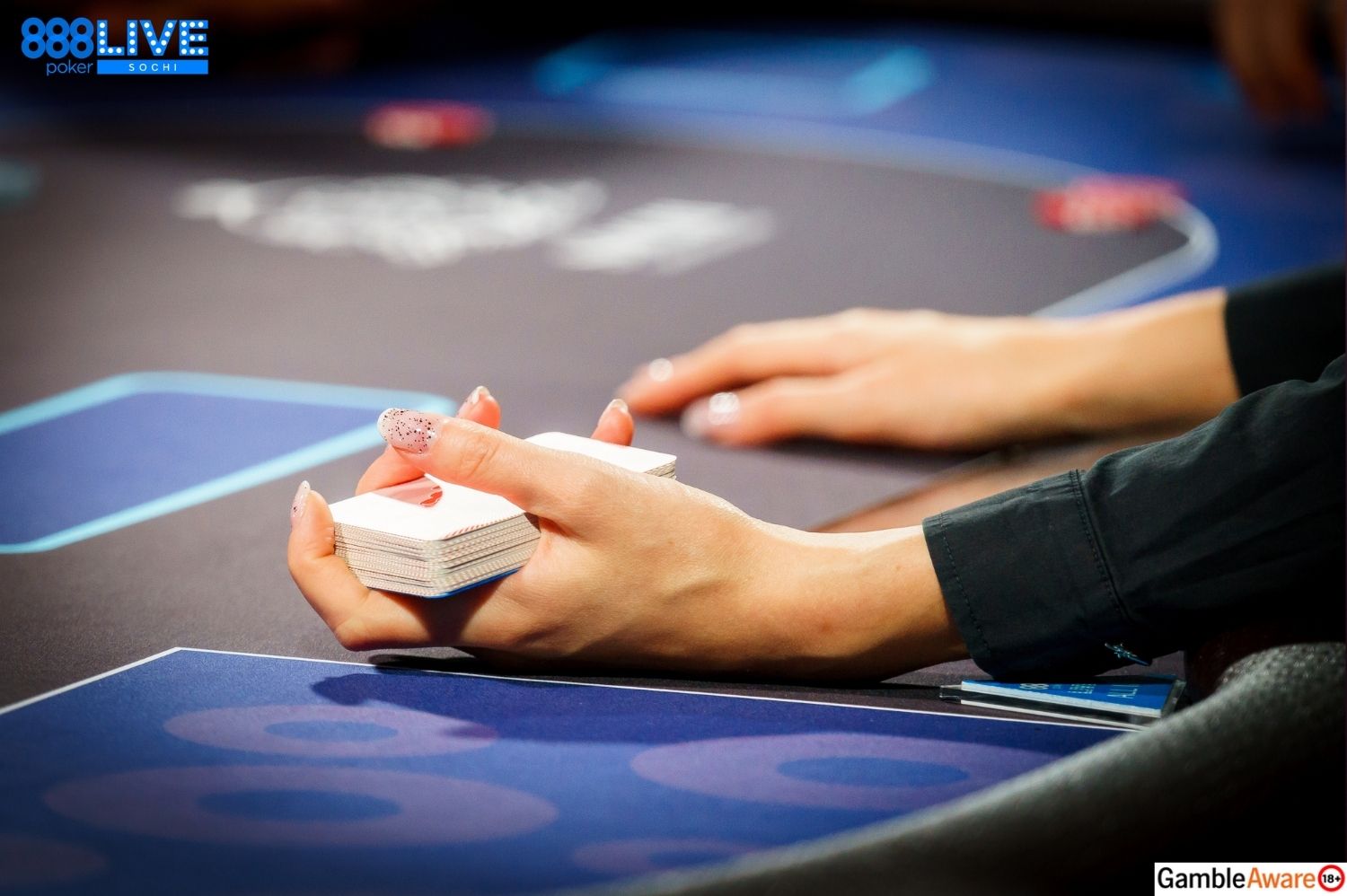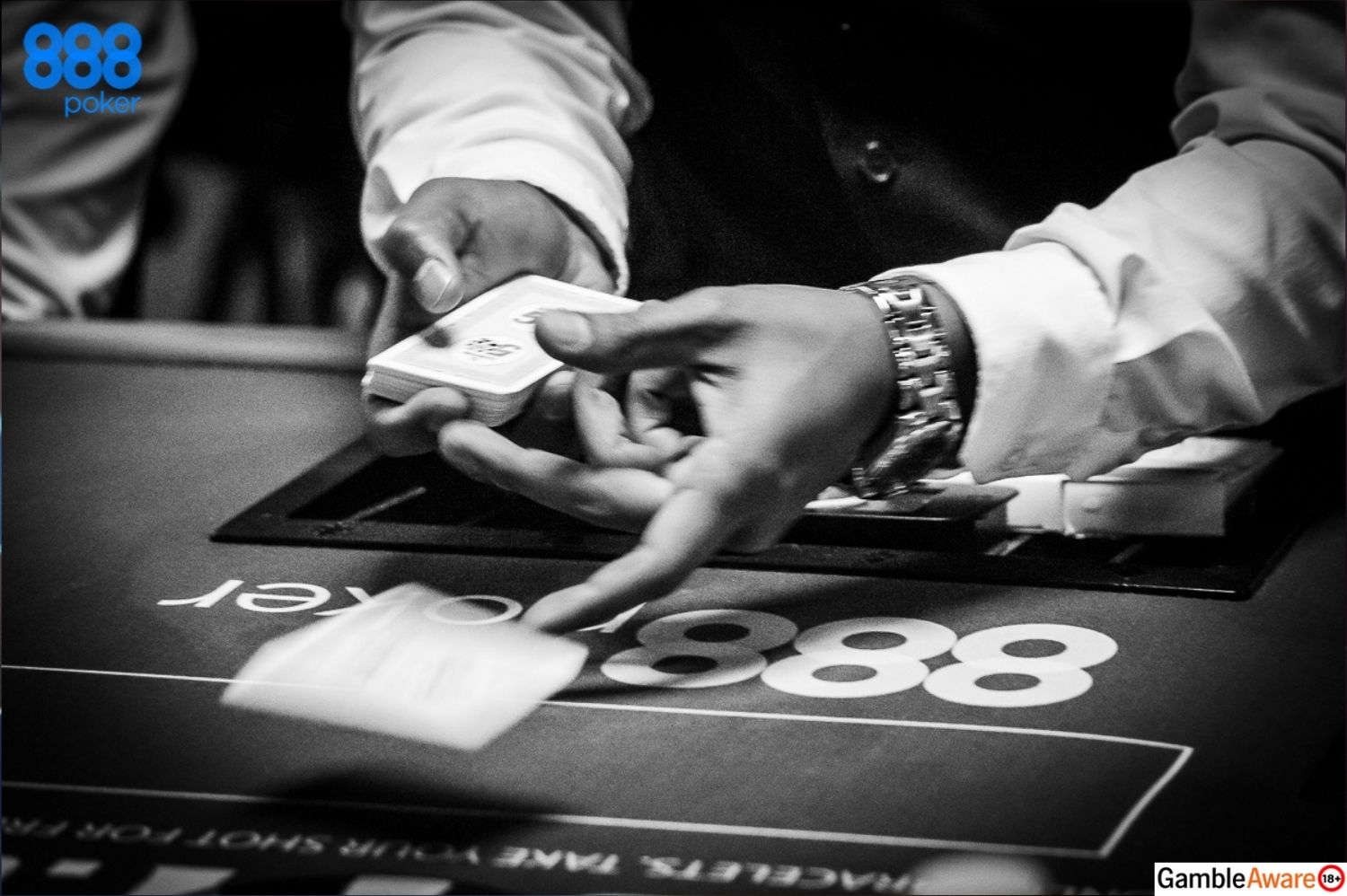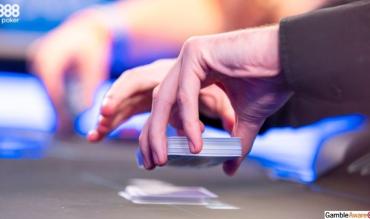Updated on June 20, 2025
The burn card in poker is one of poker's oldest and most effective anti-cheating measures. While the practice complicates the dealing process, it protects every player from potential manipulation.
Understanding why do you burn a card in poker reveals an essential layer of security that many players overlook.
What makes burning particularly intriguing is how it addresses human nature itself. The temptation to gain an unfair advantage exists wherever money changes hands, and poker has always attracted honest players and those willing to bend the rules.
The burn card is part of the poker rules and serves as a straightforward yet effective barrier against these attempts at deception.
What is Burn in Poker?
In poker, the term 'burn' represents removing the top card from the deck before dealing the flop, turn and river. It governs Texas Hold’em and any poker game with or without community cards.
The purpose of burning is to protect against unfair advantage, whether intentional or otherwise. Burning a card from the deck does not influence the probability of a specific card being dealt in any way.
The top card is the most likely one a player will see accidentally in the deck. A momentary slip by the dealer may expose the value of the top card to especially observant players.

It’s also the case that card mechanics favour placing desired cards at either the top or bottom of the deck (assuming they were looking to cheat). Following a rigid burn policy makes it harder for an ill-intentioned dealer to cheat the table.
Example of the term ‘Burn’ used in a sentence -> The dealer burned a card before dealing the river.
When and Why Was Burning Introduced?
The burn card in poker was introduced in the early days of poker history when poker was mostly in saloons and gambling dens. Cheating was as common as whiskey and tobacco smoke.
Players quickly learned that some could easily manipulate cards to glimpse the top card during shuffling, control where specific cards landed in the deck or even mark some cards to know what they were by looking at their backs alone.
Burning cards ensured that players couldn't predict which card would be dealt next or that the dealer couldn't rig the deck, which considerably reduced the chances of cheating.
Let’s say you have 8♦️8♣️ and miss the flop entirely. Now imagine you know the 8♠️ has a smudge on the back, and you spot it at the top of the deck, ready to be dealt on the turn.
Without burning, you’d call any bet with your poker hand because you’d know you’d hit your set on the turn.
Of course, knowing it might get burned only tells you it's potentially out of reach. However, the burn card transforms proven knowledge into uncertainty, which fair poker requires.
Burn in Texas Hold’em vs Other Poker Variants

It’s easier to approach this if we separate poker games with community cards from those without. The answer to "How many cards do you burn in poker?" depends entirely on which variant you're playing.
- In Texas Hold’em and Omaha, the dealer burns a card before dealing the flop, turn and river, totalling three burned cards.
- In Seven Card Stud, a card is burned before dealing the last street.
- In Draw poker games, no cards are burned.
Practical Example:
- In a game of Texas Hold’em, the dealer burns a card after the first betting round ends and before dealing the flop.
- The second betting round ensues, and another card is burned before revealing the turn.
- The same happens after the third betting round and before dealing the river.
The dealer burns three cards in total.
| NOTE: In live poker, the dealer may occasionally expose one of the hole cards during the dealing process. When this happens, the exposed card becomes the flop burn card for that hand. The affected player receives what would have been the original burn card as their replacement hole card. |
Final Thoughts
You might not think much about that card sliding into the muck, but it's doing more work than you realise. The burn card connects today's poker rooms to those dusty gambling dens back in the day.
Every dealer who burns a card is carrying on a tradition that has protected players for generations, the best poker players of all time.
It's cool when you think about it. Poker's early pioneers figured out this simple solution to a complex problem. They didn't have surveillance cameras or sophisticated security systems, just a basic understanding that sometimes the best defence is removing temptation altogether.
Next time you're at the table and watch that card disappear, you'll know there's more to the story than meets the eye.

FAQ - Burn in Poker
Why do you burn cards in poker?
Burning cards in poker works as an anti-cheating measure by preventing players from knowing which card will be dealt next.
It makes it impossible for dealers to manipulate the deck or for players to gain an unfair advantage by identifying a marked card on top of the deck.
How many cards do you burn in poker?
This answer depends on the types of poker games. In Texas Hold'em and Omaha, you burn three cards in total - one before dealing each street.
In Seven Card Stud, only one card is burned before the final street. Draw poker games don't use burned cards at all.
Does burning cards change my odds of getting particular cards?
Not at all! The cards that get burned are random, so they don't influence what you might receive later in the hand.
Can I ask to see the burned cards after a hand?
No, burned cards always remain face down and out of play. This rule maintains the security that burning provides.
Do online poker sites burn cards?
Some online poker sites simulate the burning process in their random number generation. However, since there's no physical deck or human dealer, the security concerns that burning addresses don't apply.
Originally published on October 23, 2018
See Also


